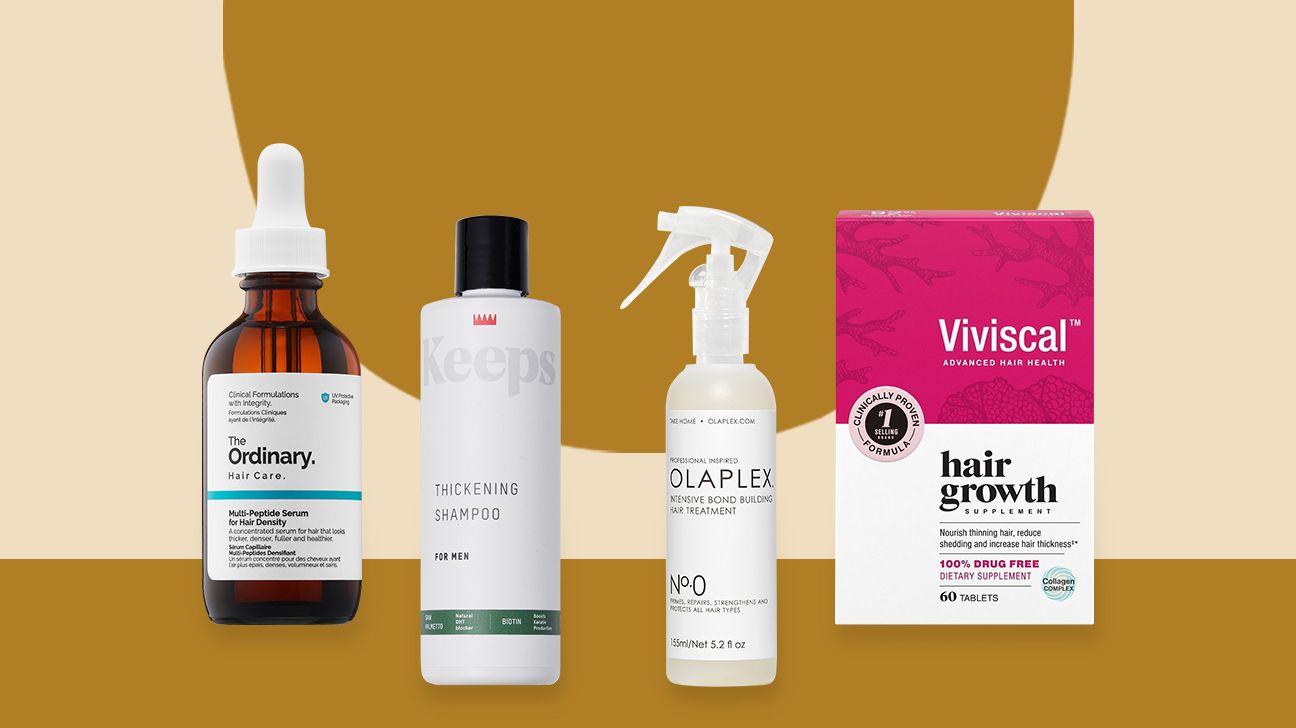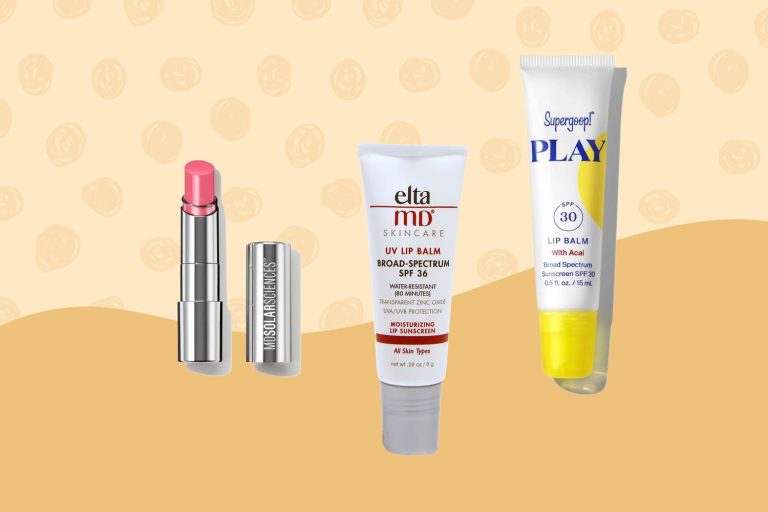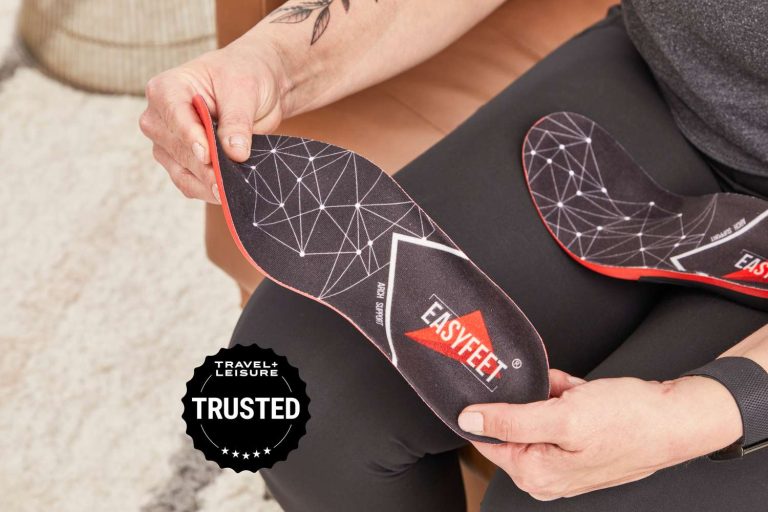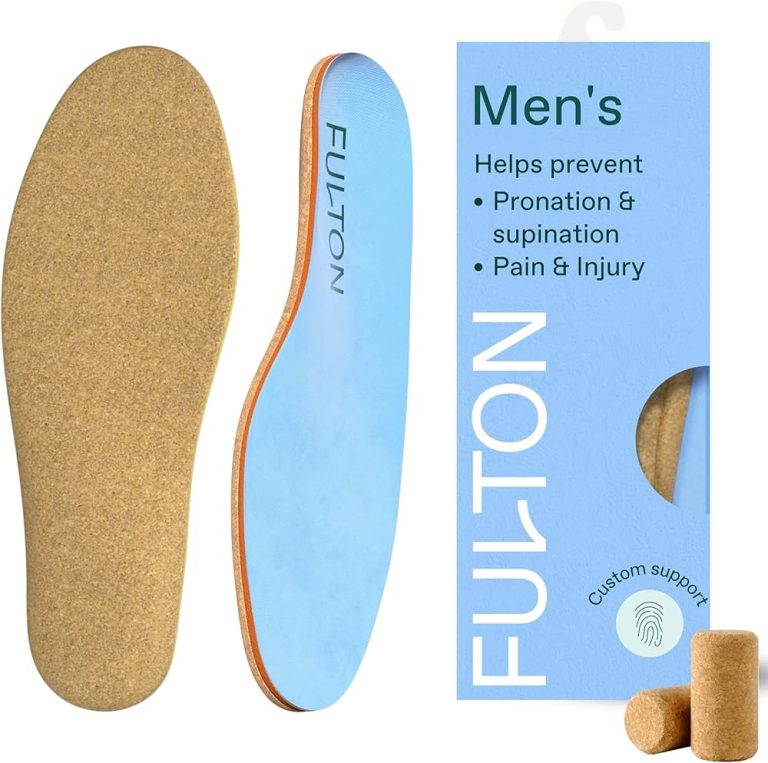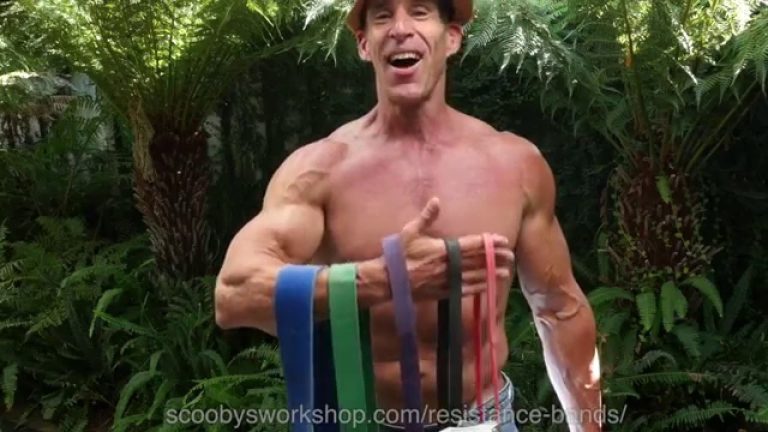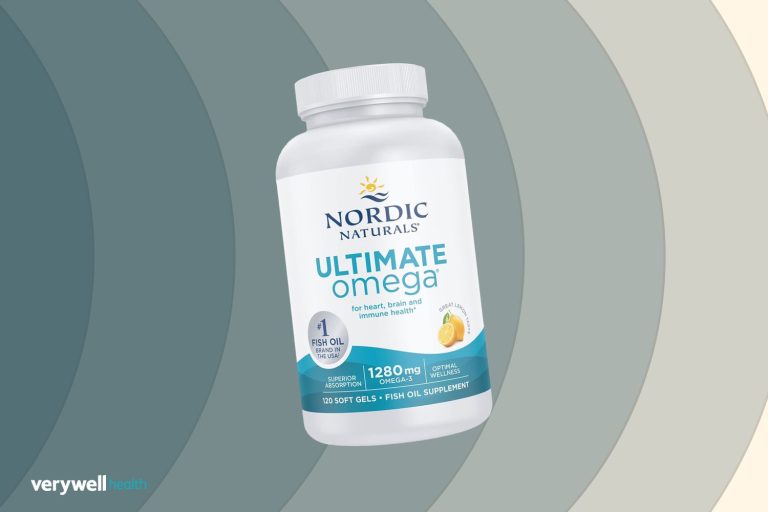9 Best Products for Hair Loss: Top Treatments for Regrowth and Healthy Hair
Hair loss can be a distressing experience, affecting your confidence and overall well-being. Whether it’s due to genetics, stress, or other factors, finding the right solution can feel overwhelming. Luckily, the market offers a variety of products that can help you regain your luscious locks.
Explore Natural Supplements
When dealing with hair loss, natural supplements are a popular choice for many individuals. You’ll find these options to be both effective and gentle.
Biotin Supplements
Boost your hair health with Biotin, also known as Vitamin B7. It’s essential for the production of keratin, the protein that makes up your hair. Studies show that biotin deficiencies can lead to hair thinning. You can find biotin in foods like eggs, nuts, and seeds or take it as a supplement for a more concentrated dose.
Saw Palmetto Extract
Fight hair loss with Saw Palmetto Extract. This natural extract is known for its ability to block DHT, a hormone linked to hair loss. Research indicates that saw palmetto can improve hair density and reduce shedding. You can incorporate it into your regimen through supplements or as an ingredient in shampoos and conditioners.
Pumpkin Seed Oil
Nourish your scalp with Pumpkin Seed Oil. Rich in essential fatty acids and antioxidants, this oil promotes hair growth and improves scalp health. Studies reveal that pumpkin seed oil can significantly increase hair count and thickness. Use it in its pure form as a topical treatment or consume it in supplement form to reap the benefits.
Consider Topical Treatments
Topical treatments can directly target the scalp and hair follicles to promote hair growth. They’re easy to apply and often deliver faster results.
Minoxidil
Minoxidil is one of the most widely researched treatments for hair loss. This over-the-counter (OTC) treatment boosts blood flow to your scalp, enhancing hair follicle function. Clinical studies indicate that consistent use of minoxidil can stimulate regrowth, particularly effective for hereditary hair loss. Apply it twice daily for optimal results. Brands like Rogaine and Kirkland Signature offer minoxidil solutions in various strengths.
Essential Oil Blends
Essential Oil Blends can nourish your scalp and promote hair growth. Combining oils like peppermint, rosemary, and lavender can enhance scalp circulation and health. For example, peppermint oil can invigorate hair follicles, while rosemary oil has been shown to block DHT, a contributor to hair loss. To use, mix a few drops of essential oils with a carrier oil like jojoba and massage into your scalp. Brands like ArtNaturals and Radha Beauty offer effective blends specifically for hair care.
Look into Shampoos for Hair Regrowth
Shampoos designed specifically for hair regrowth can make a significant difference. Here are two types you should consider incorporating into your routine.
Ketoconazole Shampoo
Fight hair loss effectively with Ketoconazole shampoo. This antifungal agent not only controls dandruff but also reduces scalp inflammation, a common cause of hair thinning. Studies have shown that Ketoconazole can disrupt the DHT (dihydrotestosterone) pathway, helping to prevent hair follicles from shrinking. Use it regularly to improve scalp health and potentially see an increase in hair density.
Caffeine-infused Shampoo
Stimulate your scalp with caffeine-infused shampoo. Caffeine penetrates the hair follicles, encouraging hair growth by blocking DHT, the primary hormone responsible for hair loss. Clinical studies suggest that caffeine not only promotes hair growth but also prolongs the hair growth cycle. Add this to your hair care regimen to enhance follicle stimulation and enjoy thicker, healthier hair.
Investigate Hair Loss Serums
You can add hair loss serums to your treatment regimen for a targeted solution. These serums contain active ingredients designed to nourish your scalp and promote hair growth.
Serums with Capixyl
Serums containing Capixyl are popular for fighting hair loss. Capixyl, a biomimetic peptide combined with red clover extract, can work wonders for thinning hair. It targets the DHT hormone, inhibiting its effects and reducing inflammation. Additionally, Capixyl also supports stronger hair roots and improves the overall health of your scalp. Try serums with Capixyl like DS Laboratories Spectral.F7 for beneficial results.
Peptide-based Serums
Peptide-based serums are another effective option. Peptides are short chains of amino acids that can stimulate hair growth at the follicular level. They enhance the keratin production process, leading to thicker and stronger hair. Often, these serums also contain other beneficial ingredients like vitamins and botanical extracts for added nourishment. For example, Revita Hair Stimulating Serum includes a powerful blend of peptides to revitalize your hair and scalp.
Discover Laser Hair Growth Devices
Advances in technology have made laser hair growth devices a popular and effective option for combating hair loss. Here’s what you need to know about these innovative products.
Laser Combs
Use laser combs to stimulate hair growth through low-level laser therapy (LLLT). Combs like the HairMax LaserComb use medical-grade lasers to energize hair follicles, promoting stronger and thicker hair. It’s best to use these devices for 10-15 minutes, three times a week, to see noticeable improvements.
Helmet and Cap Devices
Opt for helmet and cap devices for hands-free, comprehensive scalp treatment. Products like the iRestore Laser Hair Growth System and the CapillusPro Laser Cap cover the entire scalp, using LLLT to rejuvenate hair follicles. These devices offer convenience and efficacy, requiring 20-25 minutes per session, typically every other day.
Laser hair growth devices are an excellent addition to your hair loss regimen, providing potent, targeted treatment to revive thinning hair and prevent further loss.
Evaluate Prescription Medications
Prescription medications can offer effective solutions for those dealing with hair loss. Here’s a look at two of the most commonly prescribed options.
Finasteride
Finasteride is an oral medication approved by the FDA to treat male pattern baldness. It works by inhibiting the conversion of testosterone into dihydrotestosterone (DHT), a hormone linked to hair loss. Taken daily, finasteride can help reduce hair thinning and promote regrowth. Studies have shown that approximately 66% of men who use finasteride experience some hair regrowth. Side effects may include decreased libido and erectile dysfunction, so consult your doctor to see if it’s right for you.
Spironolactone
Spironolactone, originally used as a diuretic, is often prescribed for women with hair loss. It works by reducing androgen levels, which can contribute to hair thinning and loss. By blocking these hormones, spironolactone can help stabilize and even reverse hair loss in women. Many users notice significant improvement after several months of use. Common side effects include dizziness, breast tenderness, and menstrual irregularities, so discuss these risks with your healthcare provider before starting treatment.
Consider Lifestyle Changes
In addition to using hair loss products, lifestyle changes can play a crucial role in managing and preventing hair loss. Addressing root causes through healthy habits can often yield effective results.
Dietary Adjustments
Improving your diet can significantly impact hair health. Eating a balanced diet rich in proteins, vitamins, and minerals helps support hair growth. Include foods high in biotin, like eggs and nuts; iron-rich foods such as spinach and red meat; and vitamin C sources like oranges and strawberries to improve iron absorption. Omega-3 fatty acids found in fish like salmon and seeds such as flaxseed also promote scalp health and reduce inflammation.
Stress Management Techniques
Managing stress is essential for preventing hair loss since chronic stress can trigger or exacerbate it. Practicing mindfulness through meditation or yoga can help reduce stress levels. Regular physical exercise like jogging or swimming not only improves overall well-being but also boosts circulation, which is beneficial for hair follicles. Ensuring adequate sleep and engaging in relaxing activities like reading or spending time in nature can further help manage stress and improve hair health.
Hair Loss Treatments: Natural vs. Medical
Comparing Efficacy and Side Effects
Determining the best treatment for hair loss requires examining both efficacy and side effects. Natural treatments like biotin supplements, essential oils, and herbal remedies can be effective, but results vary. Many find biotin helpful for hair health, while others use rosemary oil to improve scalp circulation. Natural options generally have fewer side effects, making them a safer choice for those wanting to avoid chemicals.
Medical treatments like minoxidil and prescription medications such as Finasteride and Spironolactone often show quicker and more consistent results. Minoxidil stimulates hair follicles directly, while Finasteride and Spironolactone address hormonal imbalances that cause hair loss. However, these treatments can have potential side effects, such as scalp irritation from minoxidil or hormonal changes from Finasteride and Spironolactone. Always consult with a healthcare provider before starting any medication.
Personal Stories and Testimonials
Hearing from others can offer valuable insights into what might work for you. Many users report success with natural treatments due to their gentle nature. For example, one individual found that incorporating biotin and omega-3 supplements into their diet significantly improved hair thickness over six months. Another praised a homemade rosemary oil scalp massage for reducing hair shedding.
Conversely, medical treatments often provide compelling testimonials. Users of minoxidil have shared photos of substantial regrowth after consistent use for a year. A man using Finasteride noted that his hairline stopped receding and even began to thicken after several months. A woman taking Spironolactone saw noticeable reductions in thinning hair within a few months, attributing her success to balancing hormones.
By comparing these stories, you can weigh the benefits and downsides of each approach to determine the most suitable for your hair loss needs.
Conclusion
Navigating hair loss can be challenging, but you’re not alone. With a variety of products available, from natural supplements to prescription medications, you have options to suit your needs. Laser devices and lifestyle changes also offer promising results. Always consult with healthcare providers to find the best solution for you. Prioritize your well-being and take proactive steps to manage hair loss effectively.
